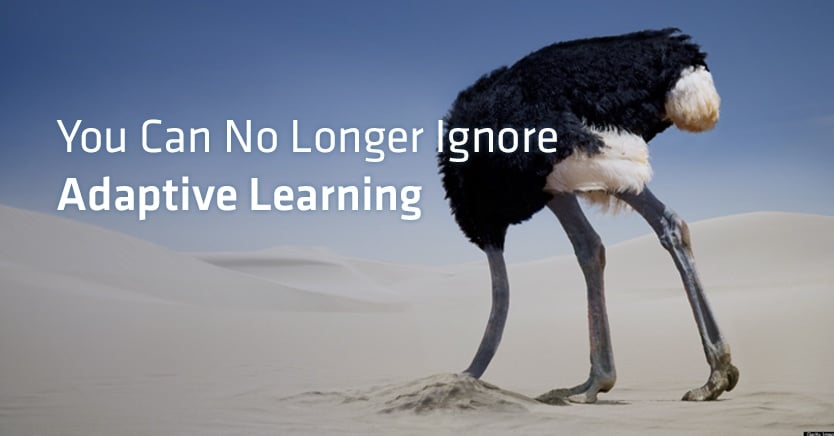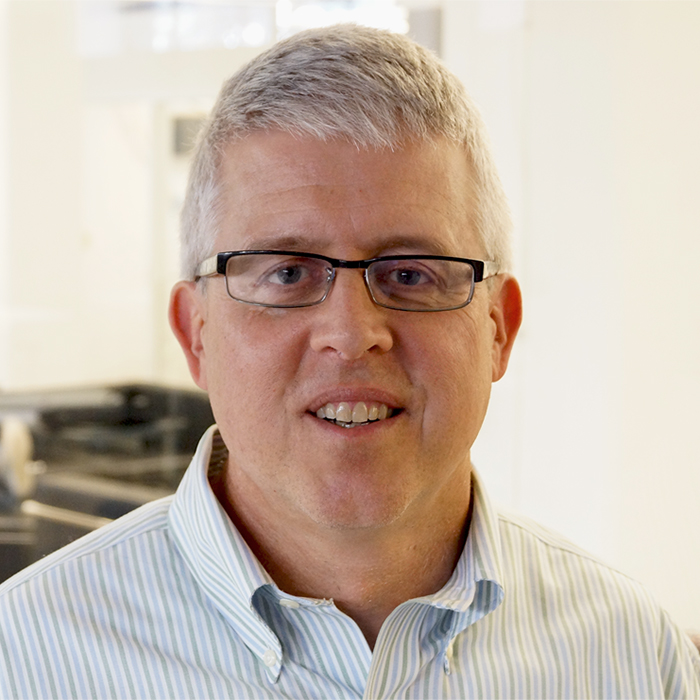A couple of weeks ago I attended the 3-day Knewton Symposium near Washington Square in New York City as part of ExtensionEngine’s ongoing efforts at keeping in touch with innovations and happenings in online learning. This symposium, hosted by Knewton CEO and founder Jose Ferreira, was a collection of interested and interesting participants in online learning, with a special emphasis on adaptive learning. (Participants were instructed not to quote anyone with attribution so you’re going to have to trust me as to what I heard over these few days.) It became clear to me that you can no longer ignore adaptive learning — future participants in higher education are going to expect it, but integrating it into higher education eventually will require extensive changes.
The first big takeaway that I took from this symposium, even accounting for the selection bias of the participants, is that adaptive learning has come to be table stakes for participation in the K12 textbook and learning market. As far as I could tell from the statistics presented during and stories told after the presentations, all the major and minor textbook publishers have made significant investments of money and personnel in a variety of adaptive technologies. Given that younger students will soon all have had extensive experience with adaptive learning, higher education (that means faculty, administrators, and accreditation agencies—all of them) is going to have to get its act together and start applying adaptive learning in a big way sooner rather than later.
The other big takeaway is that a commitment to adaptive learning, which most of the time goes hand-in-glove with a commitment to competency-based education, necessitates a complete rethinking of the educational enterprise:
- A curriculum becomes a network of competencies instead of a somewhat linear set of courses.
- The concept of a degree as the attainment of a certain number of credit hours (based on the completion of a set of courses) becomes the ability to complete a specified set of performance-based assessments.
- The whole approach to accreditation in which everything is built around courses, and the required seat time for those courses, becomes a need to look at how competencies are defined and how the assessment of those competencies are completed and validated.
- Instead of a powerful, in-the-center-of-everything faculty designing and teaching a course and grading the assignments of a course we would have a team of experts --- someone to create the content, to identify the appropriate outcomes, to shepherd a student through a set of competencies, to revise the content over time, to design the overall learning experience, to oversee the competency network, etc.
Even though this is just the beginning of the list, it’s clear that this is a significant change to how higher education operates today. It’s fair to say that participants had a range of optimism related to the chance that higher education will be able to make this change; however, it is also the case that everyone I talked to believed that the changes are both desired by a wide range of students and would improve higher education.
It’s fortunate that the whole of the above list doesn’t have to be addressed in order to gain experience with adaptive learning. Universities, colleges, and non-profits have opportunities to experiment with online learning outside the curriculum. Following up on these opportunities gives a wide range of influencers within higher education a chance to learn about and gain experience with adaptive learning so that they can make more informed decisions about timelines, applicability, and usefulness at a later time.
This technology is going to be expected by students at a not-too-distant point in the future. It takes a lot of time to make all the required changes for a widespread implementation of an adaptive approach. Ignore adaptive learning? It sounds like you should be concentrating on it and talking to someone who knows how to help you gain experience with it. If not now, then when are you going to act?


